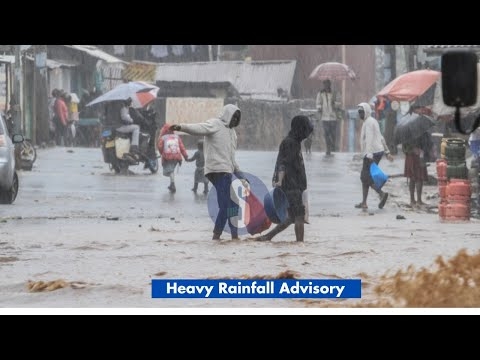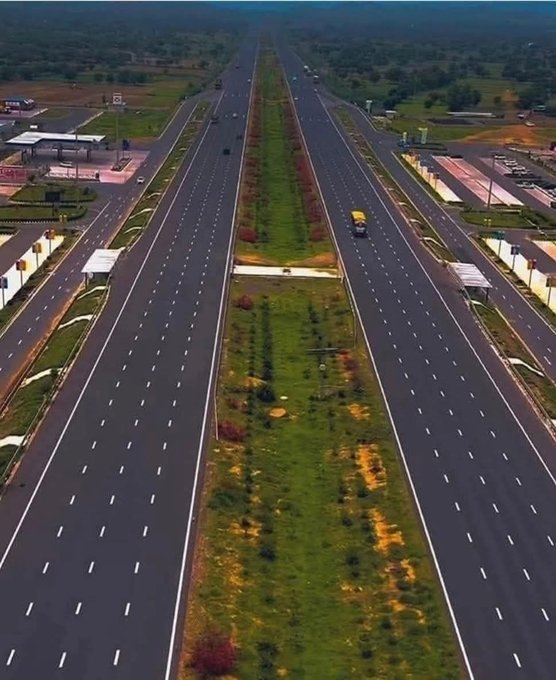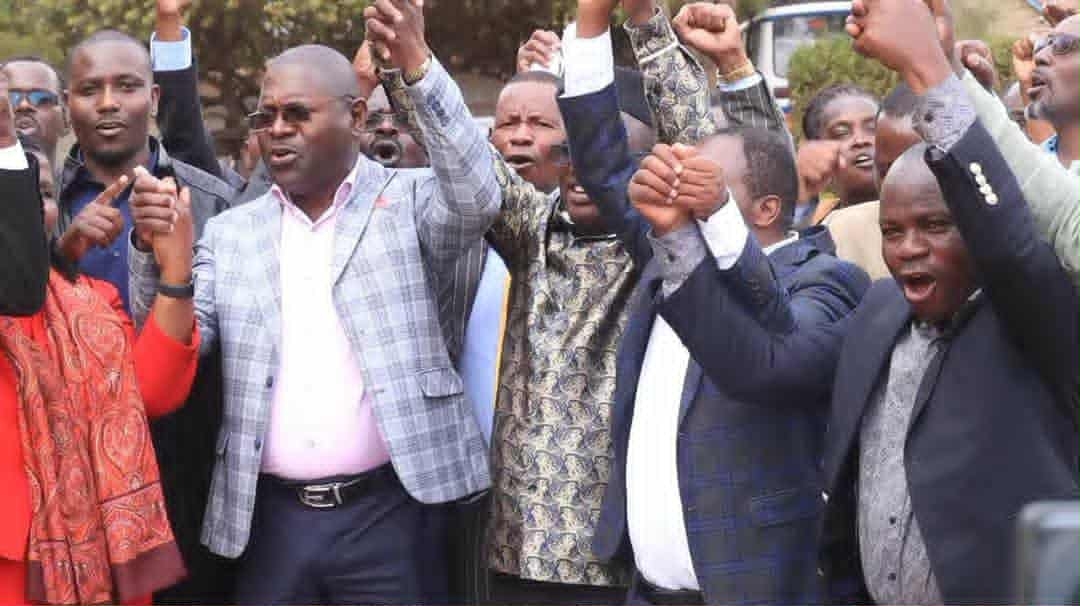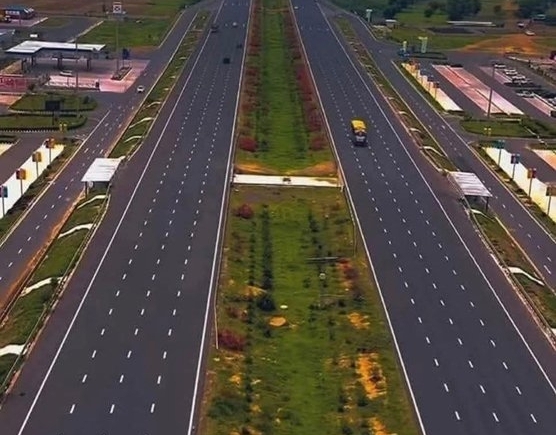Kenya is at the advanced stages of developing carbon credit market legal framework and guidelines to ensure transparency.
A carbon credit is a unit of exchange that businesses, organisations and individuals can use to offset their greenhouse gas emissions.
They can be purchased to make up for carbon dioxide emissions that come from industrial production, delivery vehicles, or travel but are most often created through agricultural or forestry practices.
Environment CS Soipan Tuya acknowledged that despite Kenya being rated as one of the top countries in the carbon markets trading in Africa, there is very little transparency in terms of how this is happening on the ground.
“We want to have clear benefit sharing modalities for communities. We want to improve the carbon markets space to be of high integrity and high quality,” she said.
“This is to ensure that it can earn revenue for Kenya but also communities to benefit from their role as custodians to our forests and ecosystems."
She said the government is rallying Kenyans behind the need to conserve the ecosystems by enhancing their participation in forest management.
This, she said is by bringing the communities at the core of the country’s ecosystem management plans through incentives.
“When we tell hungry Kenyans to plant trees it does not make sense so we want to make Kenyans understand that there is a lot of economic value that comes with the growth of trees and ecosystem management and one of them is the carbon markets.”
According to Forestry Principal Secretary Ephantus Kimotho, the government needs Sh500 billion for its ambitious plan of planting 15 billion trees by 2032.
Kimotho said plans are underway to enhance the capacity of the Kenya Forestry Research Institute to produce more tree seedlings for the campaign.
He said counties will also play a critical role in ensuring that the campaign succeeds, adding that some 10.8 million hectares are degraded and need to be fixed.






![[PHOTOS] Council of Governors visits Raila's grave](/_next/image?url=https%3A%2F%2Fcdn.radioafrica.digital%2Fimage%2F2025%2F10%2F59c8111a-6f0d-4719-8587-7e965c4bdd34.jpg&w=3840&q=100)





